Support the LA Phil
Keep the music going. If you are able, please help the LA Phil continue to make programs like this one and impact lives through music education.
Give now:
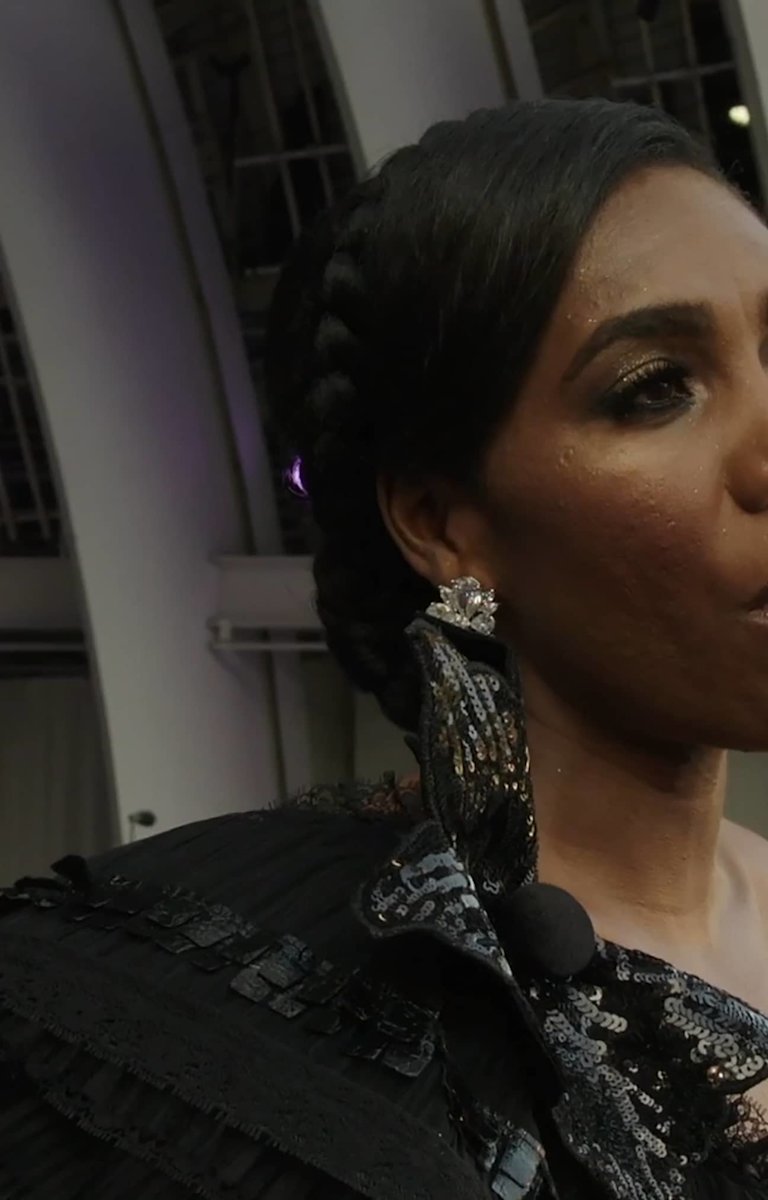
Season 1 - EP1
Love in the Time of COVID
This concert’s streaming date has passed. Enjoy its accompanying essay, interview, special performances and more below.
This episode was released on Jan 1st
About the episode
The Chilean poet Pablo Neruda wrote, “I love you without knowing how, or when, or from where.” Regardless of what the scientists say, love is a mystery, and every type of love – from the familial to the romantic – has been tested, deepened, or delayed by the pandemic. Words fail to capture the shape and necessity of love in this moment, but music can. An elegy, a song, a symphonic love letter – each heard anew in these extraordinary times.
Gustavo Dudamel
Conductor
Los Angeles Philharmonic
Orchestra
MARÍA VALVERDE
Narrator
J’NAI BRIDGES
Mezzo-soprano
Program
Neruda Songs: “Amor mío, si muero y tú no mueres”
American composer Peter Lieberson (1946–2011) wrote a cycle of five heartfelt songs for mezzo-soprano and orchestra specifically for his wife, luminous singer Lorraine Hunt Lieberson (1954–2006), based on passionate love poetry by famed 20th-century Chilean poet Pablo Neruda. “Amor mío, si muero y tú no mueres” (My love, if I die and you do not) is the final song of the set. The cycle, which won the prestigious Grawemeyer Award, was commissioned and premiered by the Los Angeles Philharmonic.
Composed: 2005
Orchestration: 5 first violin, 5 second violin, 4 viola, 3 cello, 2 bass, 2 flutes (1 piccolo), oboe, English horn, 2 clarinets, 2 bassoons, 2 horns, 2 trumpets, harp, piano, strings, solo mezzo-soprano
Lyric for Strings
Pianist and composer George Walker (1922–2018) knew his grandmother – his mother’s mother – very well. She had experienced much during her long life, including losing her first husband when he was sold; she herself managed to escape slavery. About a year after she died, the 24-year-old Walker composed his first string quartet. When he was given the chance to hear its poetic slow movement performed by a string orchestra, he added the title Lament and dedicated it as an elegy “To my grandmother.” Later titled Lyric for Strings, the six-minute work – he continued to call it “my grandmother’s piece” – became his best-known and most-performed work in a long and remarkable career. In 1996, he became the first African American to win the Pulitzer Prize for Music for Lilacs, which Walker wrote for soprano and orchestra.
Composed: 1946
Orchestration: 7 first violin, 6 second violin, 5 viola, 4 cello, 3 bass
Adagietto from Symphony No. 5
Most critics and music lovers acknowledge that the slow movement of Gustav Mahler’s Fifth Symphony (1902), the Adagietto, is a love letter to his wife Alma, and it’s easy to see why. Written just for harp and strings, the 10-minute movement begins with deeply touching tenderness, gradually becoming more intense and passionate, all the while exhibiting exquisite sonic beauty. Not surprisingly, it is the most frequently performed movement Mahler ever composed, from one of his most frequently performed symphonies.
Composed: 1902
Orchestration: 7 first violin, 6 second violin, 5 viola, 4 cello, 3 bass, harp
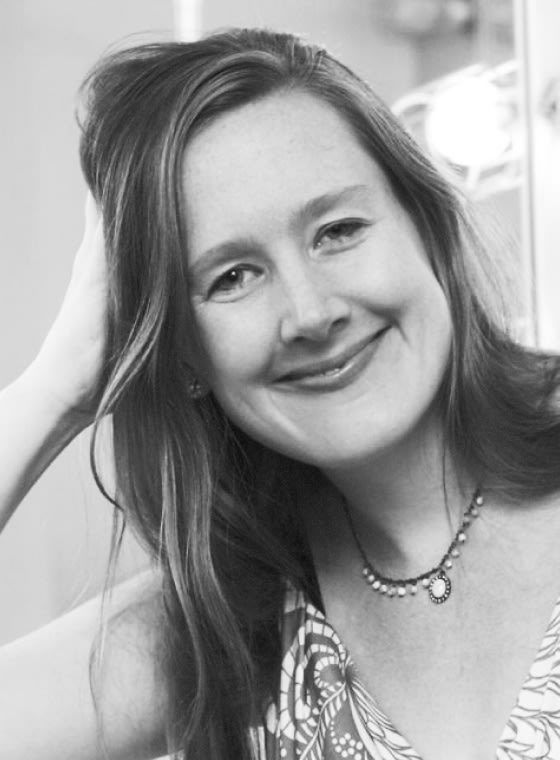
Love Poems in Quarantine
by Sarah Ruhl
What are we folding when we are folding laundry in quarantine
Standing four feet apart, you take one edge of the sheet, I take the other.
We walk towards one another, creating order.
Like solemn campers folding a flag in the early morning light. But this is no flag. This is where we love and sleep.
There was a time we forgot to do this— to fold with and toward one another, to make the edges clean together.
My grandmother might have said:
There is always more laundry to do— and that is a blessing because it means you did more living which means you get to do more cleaning.
We forgot for a while that one large blanket is too difficult for one chin to hold and two hands to fold alone—
That there is more beauty in the walking toward the fold, and in the shared labor.
Behold and Be-held
I want to behold and be held by you
so close your features blur, do I see you rightly? so far I can’t quite touch your nose do I see you rightly?
Love poem to my husband who fixed the Scotch tape dispenser today The tape was unseen, trapped in itself; you found the beginning again.
I get results of negative covid test on-line while the moon was rising outside our window
Crescent moon, window. You sleeping beside me, you. I turned off the lights in our room so I could turn on the light of the moon.
And that is enough for now
Day unfolded, the children were fed three times, and day folded back into night.
How holy
How holy, that day follows night. And how holy, that night follows day.
Sunset, July 26th
And every day we get to practice going to sleep and waking up.
You ask me to look in your eyes, and the familiar and unfamiliar rhyme I see our history— always, and still, the mystery of what you carry
Author Bio - Sarah Ruhl’s plays include In the Next Room, or the vibrator play, The Clean House, Passion Play, Dead Man’s Cell Phone, Melancholy Play; For Peter Pan on her 70th Birthday, The Oldest Boy, Stage Kiss, Dear Elizabeth, Eurydice, Orlando, Late: a cowboy song, and a translation of Three Sisters. She has been a two-time Pulitzer prize finalist and a Tony award nominee. Her plays have been produced on and off-Broadway, around the country, and internationally where they have been translated into over fifteen languages. She has received the Steinberg award, the Sam French award, the Susan Smith Blackburn award, the Whiting award, the Lily Award, a PEN award for mid-career playwrights, and the MacArthur award. You can read more about her work on SarahRuhlplaywright.com.
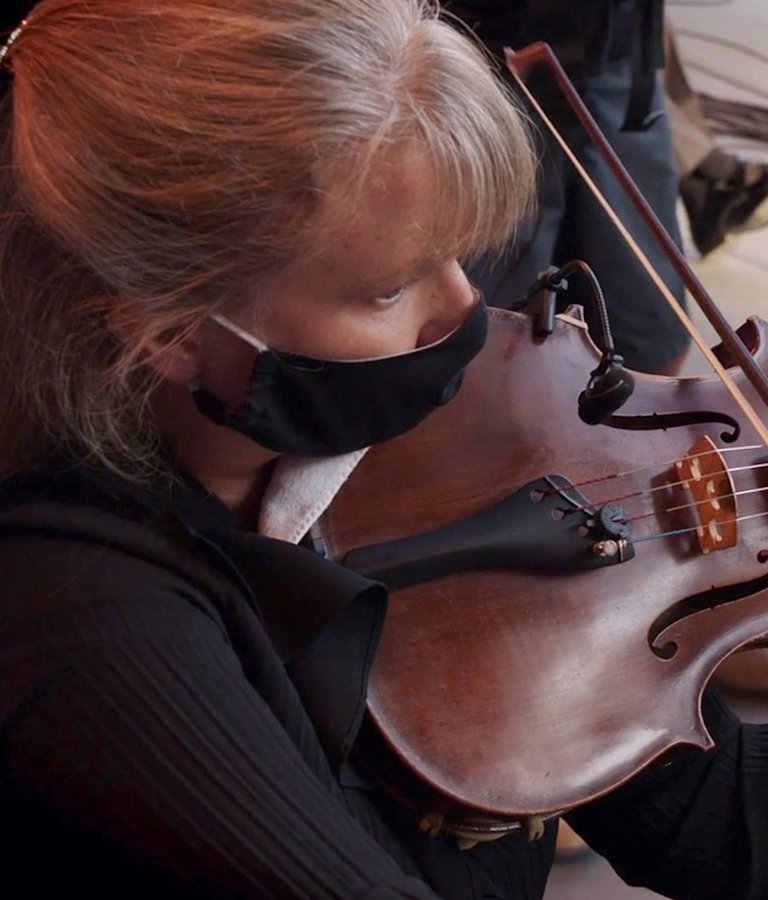
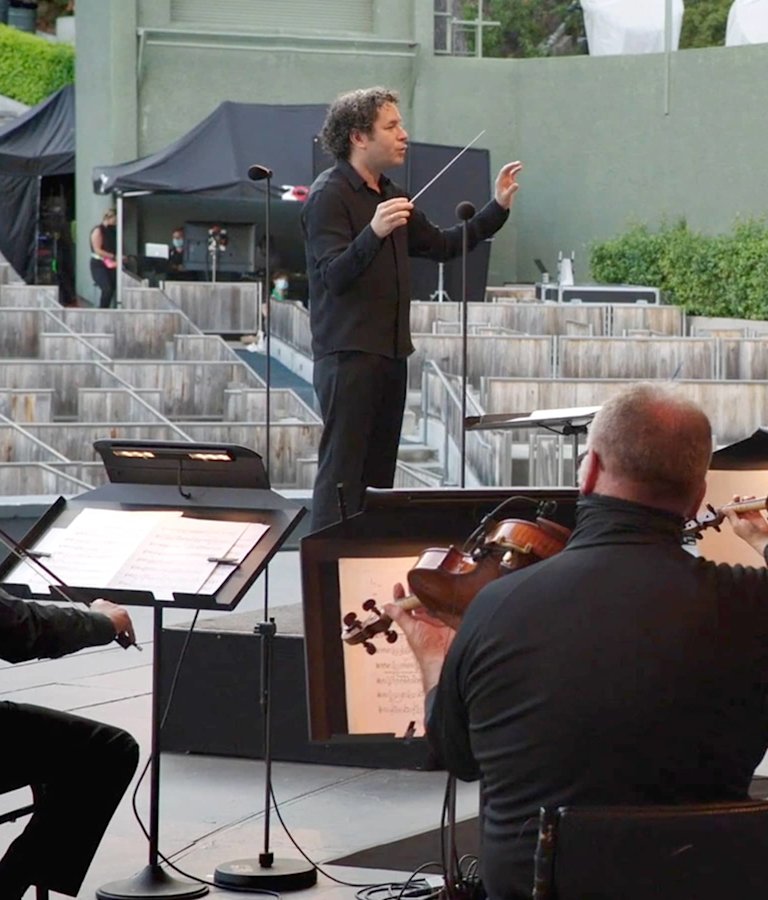
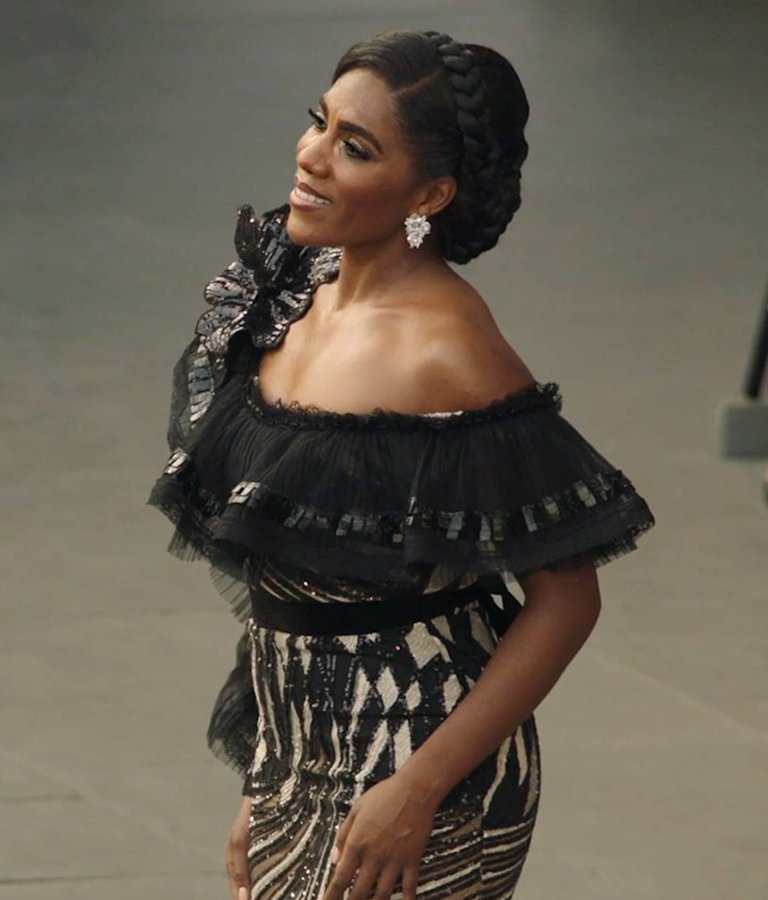
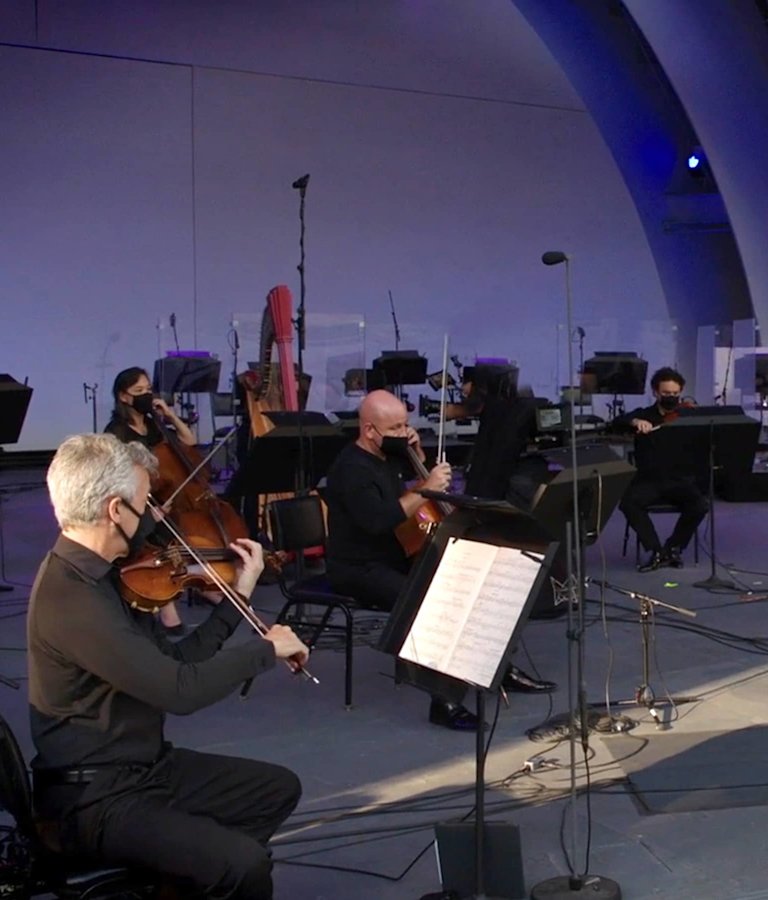
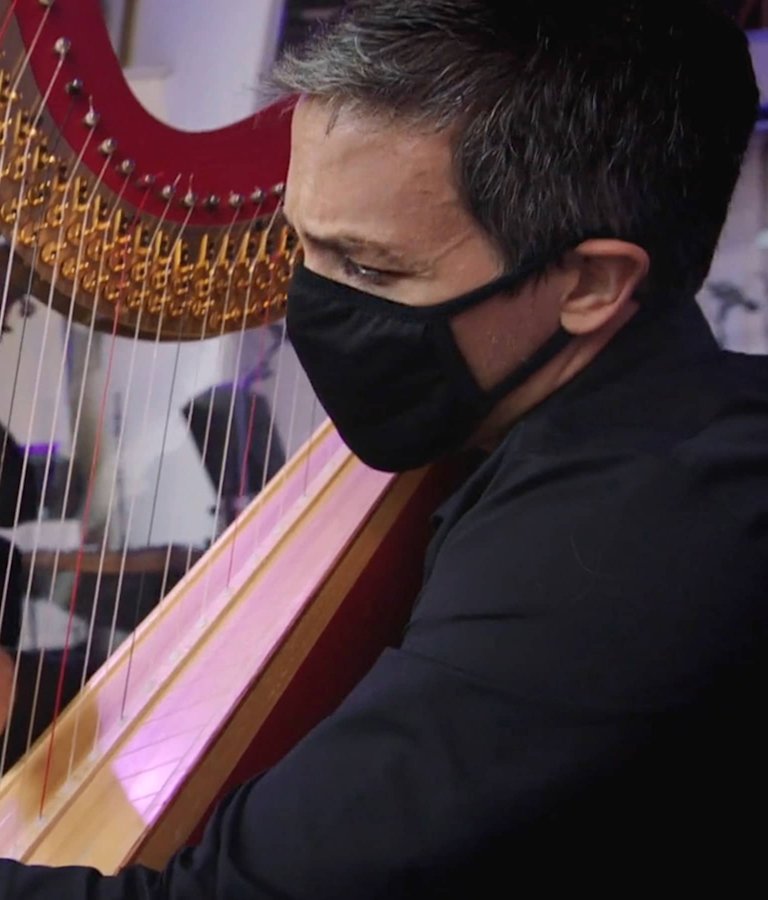
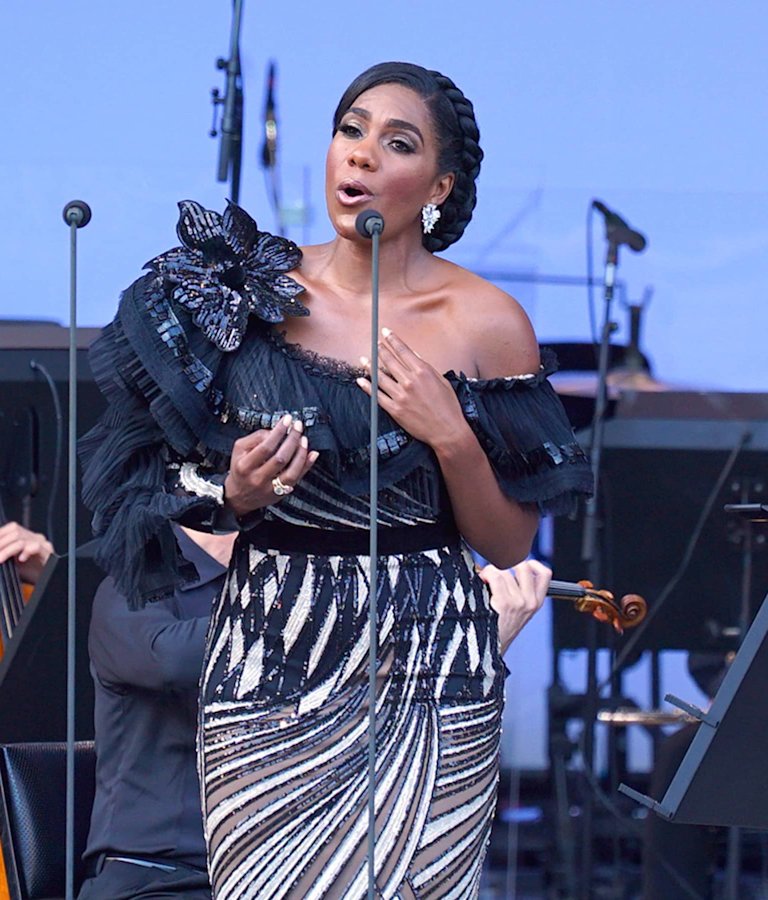
Los Angeles Philharmonic violist Leticia Oaks Strong during a SOUND/STAGE recording session.
Gustavo Dudamel leads the Los Angeles Philharmonic.
J’Nai Bridges joins the LA Phil for episode 1 of SOUND/STAGE.
The Los Angeles Philharmonic on the stage of the Hollywood Bowl, conducted by Gustavo Dudamel.
Harpist Emmanuel Ceysson during a performance for SOUND/STAGE.
J’Nai Bridges performs one of Peter Lieberson’s Neruda Songs with the LA Phil.
Listen Up
A playlist by J’Nai Bridges
J’Nai Bridges’ playlist opens with jazz artist Cécile McLorin Salvant’s cover of Stevie Wonder’s “Visions” from his 1973 album Innvervisions. The song opens with the lyrics “People hand in hand; Have I lived to see the milk and honey land?; Where hate’s a dream and love forever stands; Or is this a vision in my mind?” This hope that there might be a land where “hate’s a dream and love forever stands” underpins an otherwise eclectic array of selections.
Bridges’ playlist reflects both her participation in the Love in the Time of COVID program as well as her contribution of a set of Florence Price songs to the Power to the People! program premiering October 9. On it, you will find romantic love, divine love, a love for Black artists and excellence, and an artist’s appreciation for voices as singular as her own.
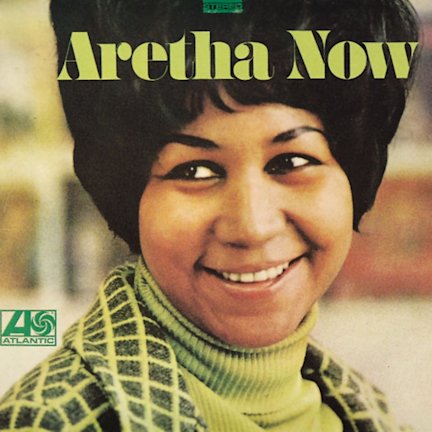
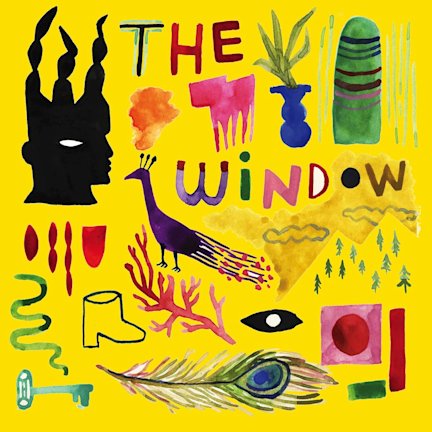
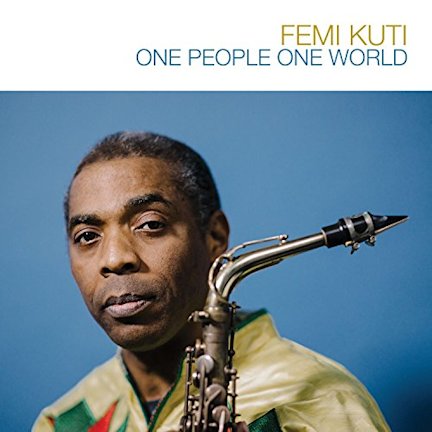
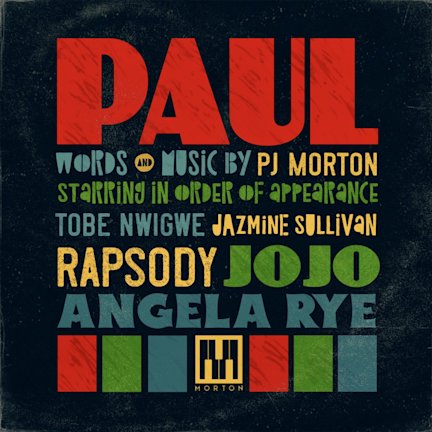
EP 1 CREDITS
An LA Phil Media Production
Gustavo Dudamel Music & Artistic Director
Featuring J’Nai Bridges and María Valverde
Directed by James Lees
Support for this episode is provided by Diane and David Paul
SOUND DESIGN Fred Vogler
LIGHTING DESIGN Robin Gray Academy Lighting Consultants
IATSE LOCAL 33 Kevin Brown, Master Carpenter Andy Kassan, Master Electrician Donald Quick, Property Master Michael Sheppard, Master Audio-Visual/Union Steward Kevin Wapner, Assistant Audio-Visual
The stage crew is represented by the International Alliance of Theatrical Stage Employees and Moving Picture Machine Operators of the United States and Canada, Local 33
The Los Angeles Philharmonic thanks the Los Angeles County Board of Supervisors and the Department of Parks and Recreation who value assuring access to arts and culture in Los Angeles:
BOARD OF SUPERVISORS Hilda L. Solis, First District Mark Ridley-Thomas, Second District Sheila Kuehl, Third District Janice K. Hahn, Fourth District Kathryn Barger, Fifth District and Chair
PARKS AND RECREATION Norma E. Garcia, Director of Parks and Recreation and Regional Parks and Open Space District
EDITED AT PARALLAX Editor: Ross Constable Additional Editor: Qing Shao Additional Editor: Guangwei Du Executive Producer: Graham Zeller Post Producer: Amanda Phillips Color Correction: Bossi Baker Sound Mix: Unbridled Sound
WEBSITE ToyFight